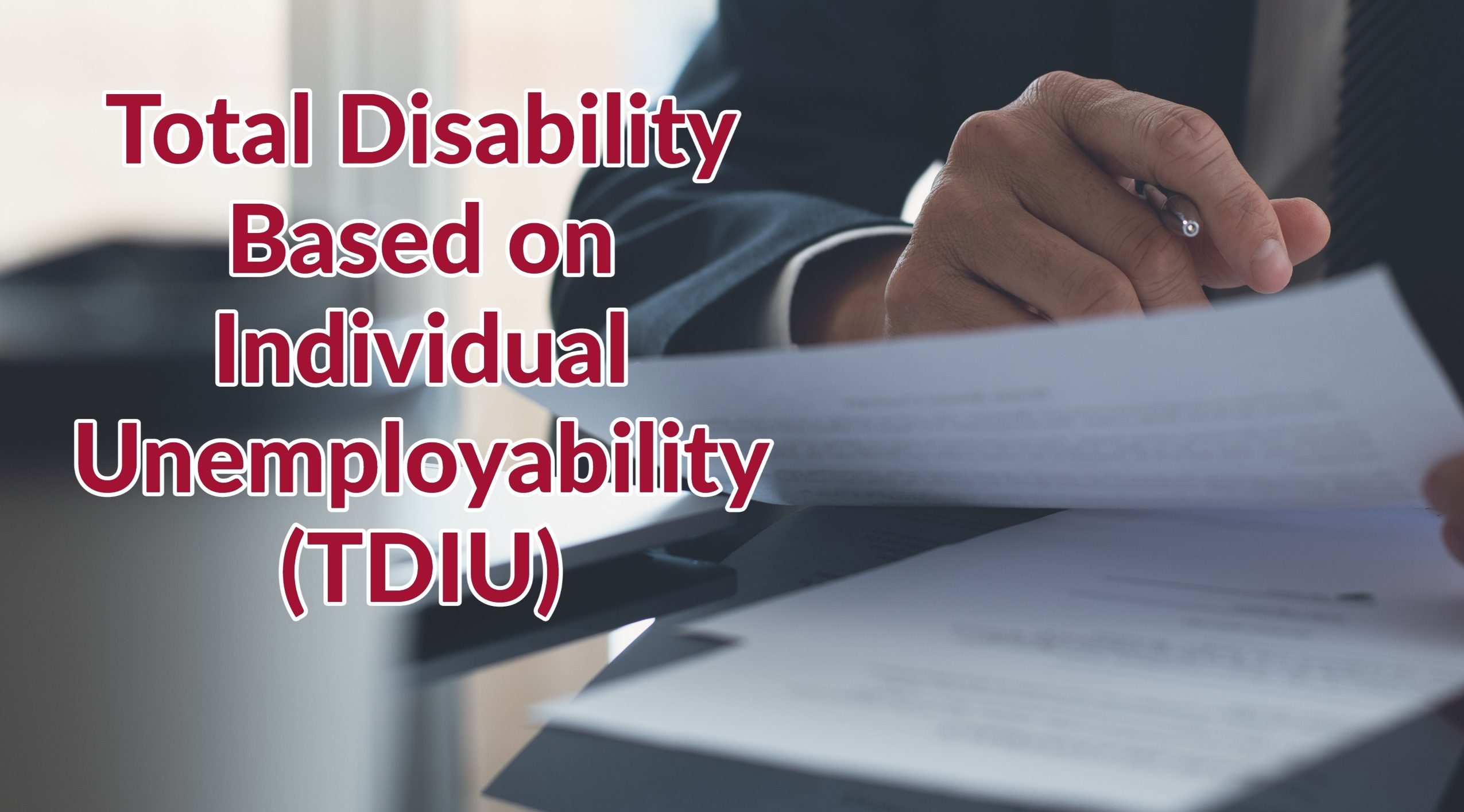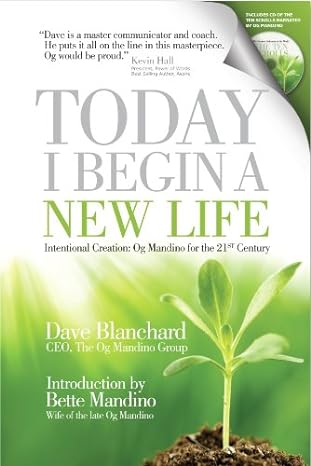In the complex world of corporate dynamics, conflict is inevitable. Managing and resolving these conflicts with grace and effectiveness is a skill that can define a career. In this piece, we will delve into the insights of Jeffrey Zisselman, a renowned industry expert, on mastering conflict resolution in any role.
Table of Contents
Emotionally Intelligent Conflict Resolution
The crux of effective conflict resolution lies in emotional intelligence (EQ). More than 90% of top performers, among the million-plus people tested by TalentSmart, possess high EQ, Jeffrey Zisselman remarks. People with high EQ are assertive, balancing passivity and aggression. They never lean too much in either direction. Instead, these people have mastered the art of engaging in “healthy conflict,” which directly and constructively addresses issues without trivializing anyone’s needs.
Zisselman points out that resolving conflicts should primarily focus on finding a solution rather than winning an argument—forgiving, apologizing when wrong, and willingness to compromise or collaborate are essential. Judicious use of humor can also help to diffuse any escalating tension. Crucially, relationships, whether personal or professional, should always be nurtured for successful conflict resolution, as they can be affected even after the conflict is resolved.
The Assertiveness Spectrum
Assertiveness in conflict resolution is a delicate art. There is a misconception that friendly people are too passive, leading to unchecked passivity that can eventually boil over into aggression. Yet even charming people can exhibit both extremes of this assertiveness spectrum. Jeffrey Zisselman emphasizes the importance of learning to engage in healthy conflict to avoid these pitfalls.
Zisselman shares a plethora of strategies for fostering assertive communication in conflict situations. First, consider the costs of silence. Often, the repercussions of not speaking up are more significant than the discomfort of the conflict. Shifting focus from the annoyance of conflict to the benefits of assertiveness can be a powerful motivator. Using the word “and” instead of “but” in conversations can change the tone of the conflict. This minor adjustment can make the conversation more constructive, collaborative, and less divisive.
Hypotheticals and Challenges
Presenting hypothetical situations rather than asserting shortcomings is also an effective strategy, according to Jeffrey Zisselman. This approach encourages dialogue and shows you’re willing to hear the other person out. It avoids making the other party defensive and closed off to your message.
When challenging an idea, it always pays to offer a solution. This demonstration of collaborative problem-solving can help to retain the value of the other person’s idea while promoting a constructive discussion.
Understanding the motives behind someone’s behavior is critical in conflict resolution. Asking questions to understand underlying reasons can build trust and understanding, which are vital elements in conflict resolution. This method strives to prevent conflict from escalating by acknowledging and exploring the different perspectives involved.
Importance of Self-Detachment and Emotional Awareness
During conflicts, it is essential to detach from the situation and view it as a dispute rather than a personal attack. Emotional awareness and recognizing discrepancies between verbal and nonverbal communication can promote an environment that encourages honest conversations.
In conflict resolution, pride can be an inhibiting factor. Apologizing despite feeling right can be challenging but necessary. Moreover, using humor appropriately can lighten the atmosphere, facilitating more accessible discussions.
Harnessing Emotional Intelligence
Mastering conflict requires emotional intelligence, whether one is naturally assertive or not. Jeffrey Zisselman explains that emotionally intelligent people know how to craft their message in a conflict in a way that considers other people’s feelings while still confidently asserting themselves.
Jeffrey Zisselman provides invaluable insights that can guide any professional in effectively managing conflicts, leading to harmony in the halls. By leveraging emotional intelligence, assertiveness, and strategic communication, one can thoroughly master conflict resolution, irrespective of their role.
Jeffrey received an honorable mention in “Today I begin a New Life: Og Mandino for the 21st Century,” an inspirational self-help tome by long-time Og Mandino executive Dave Blanchard:
“No rebuttal, no advice, no fixing, no clever comments, no personal stories, no pouncing on them. We’re slow to comment, and when we do, it’ll only be to gain an even greater understanding.
This may take a little discipline at first. We may have to bite our tongue until it bleeds to bridle the urge to talk. Jeff Zisselman, one of the great ones, stated that after learning this principle, ‘For me it was like learning how to walk again.’ Then he added, ‘But this is the way I want to live!’”











